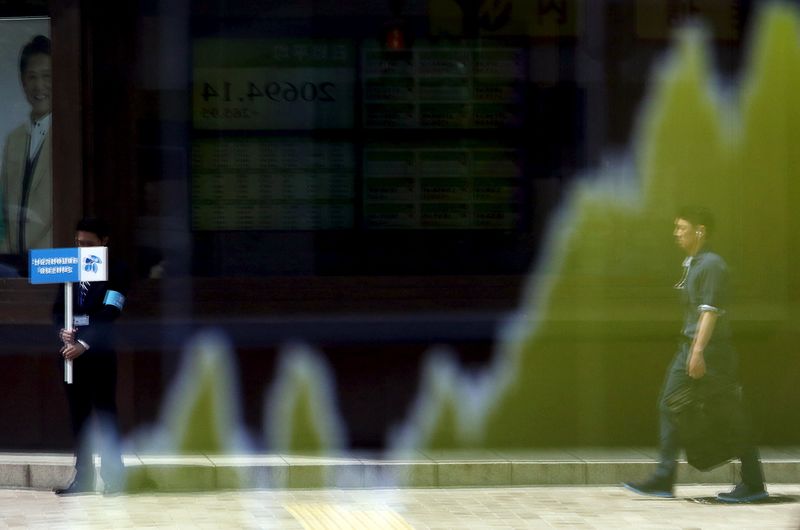Williams Wesley Hastie sells $328k in Cipher Mining shares
Investing.com-- Analysts at Citi said they expected the Nikkei 225 and broader Japanese stocks to see some short-term strength after the Bank of Japan’s historic policy shift, which ends nearly a decade of monetary stimulus for local markets.
Citi said that the BOJ’s policy change- where it raised interest rates by 0.1% and ended a bulk of its asset purchase programs- was largely as expected. But also Citi said that the bank’s reassurances to keep monetary conditions accommodative were likely to placate equity investors in the near-term.
This notion could spur some near-term strength in the Nikkei 225, at least in the near-term.
Nikkei 225 to surge as far as 40,000 to 41,000, but…
Citi analysts said that Japanese markets will continue to play catch-up with U.S. equities, and that the Nikkei 225 was poised to rally as far as 41,000 points- a record high- in the near-term.
But they expect the Nikkei to likely peak around this level, especially as Japanese monetary policy normalizes. The index is expected to remain rangebound after an initial, near-term rally.
“If Japanese equities are to rally beyond simply catching up with the U.S. market, we think Japan-specific catalysts (recovery in domestic demand, sustained inflation, etc.) will be needed, but confirmation of these appears still a way off,” Citi analysts wrote in a note.
The Nikkei 225 had reversed early losses and ended higher on Tuesday- at 39,978.50 points- after the BOJ’s policy pivot. It was now about 400 points from marking new record highs.
Japanese markets were closed on Wednesday.
The Nikkei 225 was the best performing major stock exchange over the past year, rising nearly 30% in 2023 as ultra-loose monetary conditions, strong corporate earnings and a relatively healthy Japanese economy attracted heavy foreign inflows.
Bank, real estate sectors to benefit from BOJ policy shift
Citi said that Japanese bank stocks had longer-term potential, especially if the Japanese economy improves as expected by the BOJ.
Real estate stocks are also due for gains, with reduced uncertainty around the BOJ allowing the sector to erase its “laggard status.”
